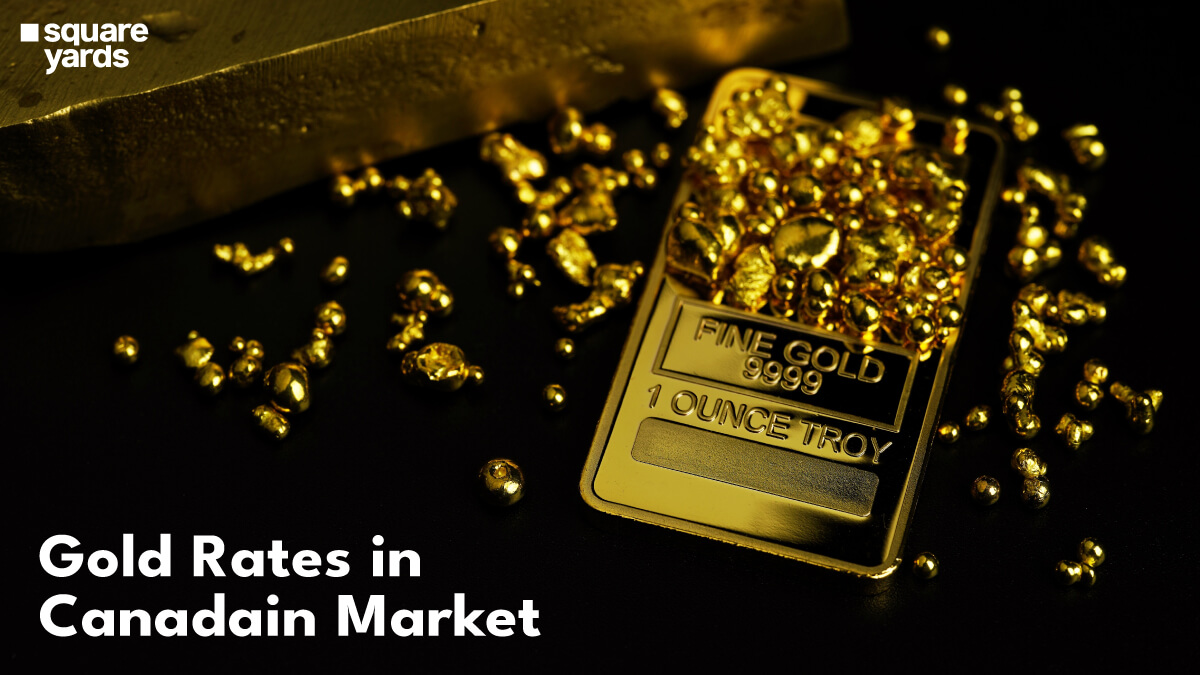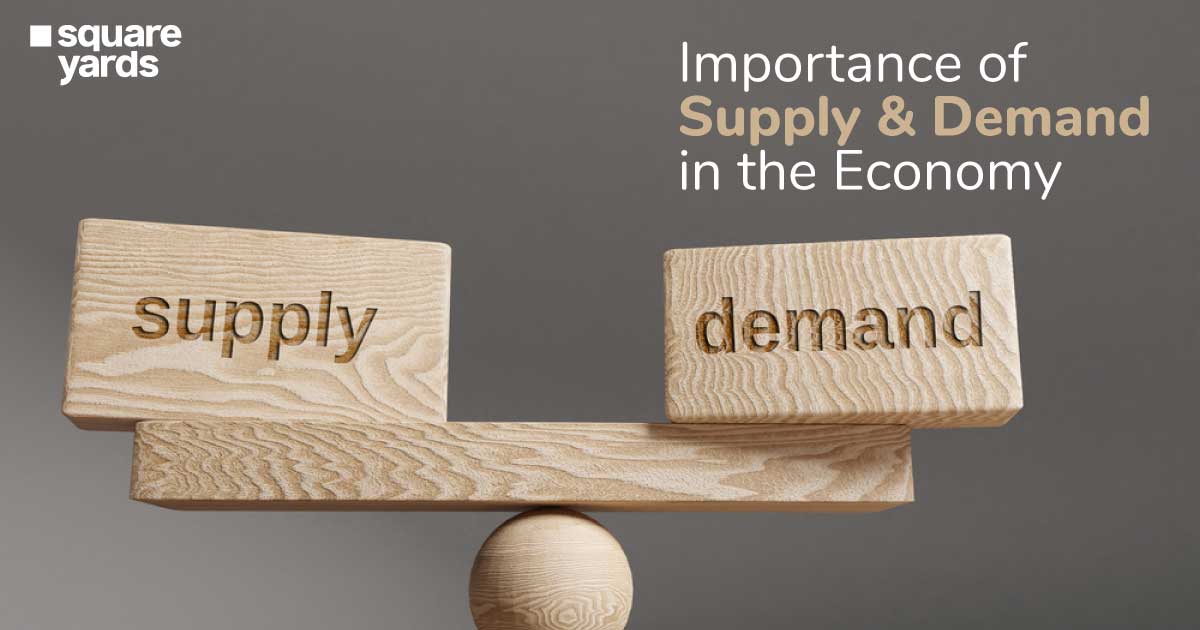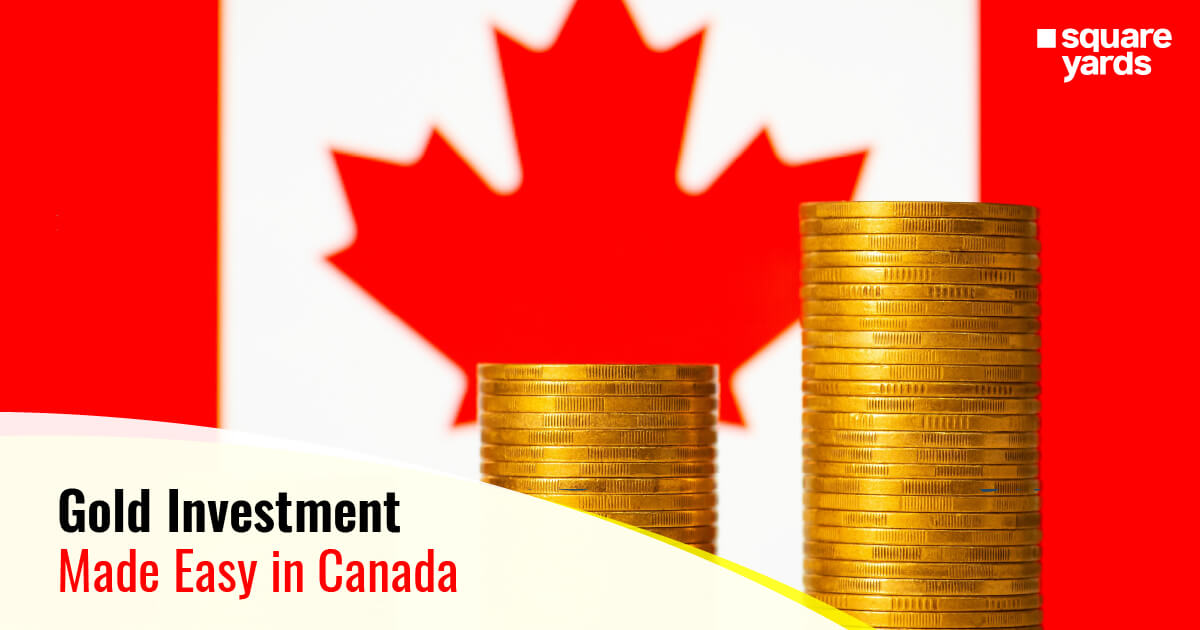For centuries, the world has valued gold as a status symbol. Even today, it is one of the largest economic indicators used in the global market for trade. The price of gold is determined by many factors, such as global trends, demands of the market, and economic indicators. It is important for investors and individuals to understand the dynamics of gold rates to make sound decisions. In this article, we’ll look at the gold price in Canada and how they compare with global rates. Additionally, we share tips for investing in gold and compare gold to real estate as an investment option.
Why Do Gold Rates Fluctuate in Canada?

-
- Gold prices in Canada are impacted by global events like inflation, political instability, and currency fluctuation. During such uncertain times, investors flock to gold, leading to a hike in its price.
- Canada’s gold demand shapes the country’s price of gold. The demand for gold comes from various sectors, including the jewellery industry, investment, central bank reserves, and industrial uses.
- The changes in the value of the Canadian dollar against the US dollar affect Canada’s gold value since gold is traded globally in US dollars.
- The interest rates and monetary policies of the Bank of Canada also influence the gold rate in the country.
Tracing the Trends of Gold Rates in Canada

Over the years, the price of gold in Canada has experienced considerable fluctuations. Following the recession in 2008, gold prices initially dropped but soon surged, reaching an all-time high in Canadian dollars by surpassing CAD 1,800 per ounce in 2011. Fast forward to 2024, the current price of gold stands at approximately CAD 3,373.65 per ounce (or CAD 108.47 per gram). This increase has been driven by factors such as global economic uncertainties, inflationary pressures, and geopolitical tensions. The gold market continues to be influenced by various factors, including the economic cycle and investor sentiment. When the economy is stable and stock markets are bullish, investors often turn to other investment options, causing a decline in gold prices. Therefore, analysing historical trends and market conditions remains crucial for making informed decisions about gold investments.
Analysing Global Trends to Gold Price in Canada

Gold prices in Canada are closely tied to global market trends, as gold is traded worldwide in US dollars. International factors significantly influence the price of gold in Canada, with local prices reflecting global movements. Canadian investors can stay informed by following gold price charts through various financial news outlets, market research reports, and online platforms. Additionally, economic and political stability plays a key role in shaping gold rates.
Comparing Gold Rates: Canada vs. India
Gold holds immense cultural and financial importance in India, particularly for weddings, festivals, and investments. The price of gold in India can vary based on local demand, taxes, and currency exchange rates.
-
- Current Rate in Canada: CAD 108.47 per gram
- Current Rate in India: ₹6,729.89 (approximately CAD 108.47 per gram)
Interestingly, the current price of gold per gram is almost identical in both Canada and India.
Comparing Gold Rates: Canada vs. UAE
The United Arab Emirates (UAE), especially Dubai, is known as a major global hub for gold trading. Several factors, including domestic demand, regional economic conditions, and the global gold market influence gold prices in the UAE.
-
- Current Rate in Canada: CAD 108.47 per gram
- Current Rate in UAE: AED 2,817 (approximately CAD 104.18 per gram)
As shown, the gold rate in the UAE is slightly lower than in Canada.
Tips Beginners Should Know Before Investing in Gold in Canada

-
- Research : Before investing in gold, it is important to conduct thorough market research to understand the factors affecting gold prices and keep up with the latest trends and price charts. This will allow you to make informed investment decisions.
- Diversification : Gold has the potential to provide stability during economic downturns and hedge against inflation, making it a valuable addition to an investment portfolio.
- Investment Options : There are several ways to invest in gold in Canada, such as buying physical gold in coins or bars, investing in gold exchange-traded funds (ETFs), mining stocks, and futures contracts. You should evaluate your risk tolerance and investment objectives to select the most suitable option.
- Storage and Security : If you decide to invest in physical gold, you should have a secure storage arrangement, such as a safe deposit box or a trustworthy storage facility.
Advantages and Disadvantages of Investing in Gold
Below are some advantages and disadvantages to consider when investing in gold –
Pros
-
- Gold is known for its prolonged standing reputation for retaining its value over time, particularly during periods of economic uncertainty.
- Gold value tends to rise during inflationary periods, as it tends to rise when fiat currencies’ purchasing power declines.
- Diversifying gold helps investors reduce portfolio volatility and risk.
- Gold is a currency that is globally recognised and easily liquidated.
Cons
-
- Unlike stocks or real estate, gold does not generate any income or dividends.
- Gold is volatile in price, resulting in short-term losses.
- Investing in physical gold necessitates making arrangements for its storage and security.
- Gold’s limited industrial applications can impact its long-term demand and price.
Gold vs. Real Estate Investment Options: Which is Better?

Gold and real estate are both tangible assets and investment options. Let’s compare their returns and risks to help make an informed decision.
Comparing Returns
-
- Gold Investments: Historically, gold prices in Canada have been resilient and stable, maintaining their worth. However, gold does not generate income or dividends, and its value primarily depends on supply and demand dynamics.
- Real Estate Investments: Real estate is a physical asset that can generate income and increase in value over time. Owning a property can provide a reliable source of rental income while the property itself can appreciate in value.
Assessing Risks
-
- Gold Investments: Gold is generally considered a safe investment option but is not free from risks. Its prices in Canada have been known to fluctuate, particularly during periods of economic stability and when interest rates are rising. Moreover, as gold does not provide income, its value is purely based on market sentiment and demand.
- Real Estate Investments: Real estate investments have risks that must be considered before making investment decisions. Market fluctuations and interest rates can significantly impact property values, reducing demand and rental income. Additionally, investing in real estate requires thorough due diligence, which includes property inspections, legal considerations, and the possibility of vacancies. Before making any investment decisions, it is essential to carefully evaluate all the risks and perform a detailed property analysis.
What is the Future of Gold Rates in Canada?
Predicting future gold prices in Canada is a challenging task due to the influence of multiple factors.
-
- Global Economic Conditions: As the global economy approaches a recession, Canada’s economy, closely tied to international economic trends, may impact gold prices.
- Investor Sentiment: Investor sentiment and risk appetite often drive gold rates. Uncertainty and fear in financial markets can increase demand for gold.
- Industrial Demand: Gold has both investment and industrial uses. Fluctuations in tech and jewelry may affect their value.
- Supply and Demand Dynamics: Global mining output and consumer demand determine gold’s demand and rates.
Wrapping Up
Gold and real estate investments offer different opportunities and risks for investors. Gold is often seen as a hedge against economic uncertainty, while real estate provides the potential for income generation and capital appreciation. Both asset classes require careful consideration and research before investing. When it comes to the future of gold rates in Canada, factors such as global economic conditions, monetary policy, investor sentiment, industrial demand, and supply and demand dynamics will likely shape its performance.
You May Also Read :
|
How To Invest in Gold Stocks |
|
|
Guide To Canadian Gold Stocks |
|
|
Know About Gold Investment in Canada |
Frequently Asked Question (FAQs)
The current gold rate is 2,268 CAD/ounce.
Gold can be a suitable investment option for beginners due to its historical reputation as a store of value and a hedge against economic uncertainty.
Real estate offers the potential for both rental income and capital appreciation, but it requires upfront capital and ongoing management. The decision between real estate and gold should be based on long-term investment strategies.
Equity investments can provide liquidity and potential capital appreciation. Whereas real estate investments offer the potential for long-term capital appreciation and diversification. It is advisable to consult with a professional before investing. What is the current gold rate in Canada?
Is investing in gold a good idea for beginners?
Is real estate a better investment than gold?
Which is better, equity or real estate?











